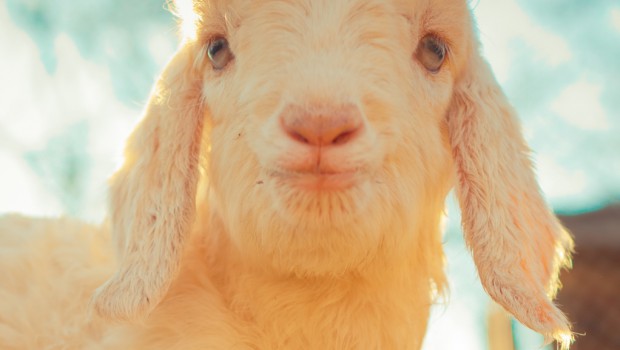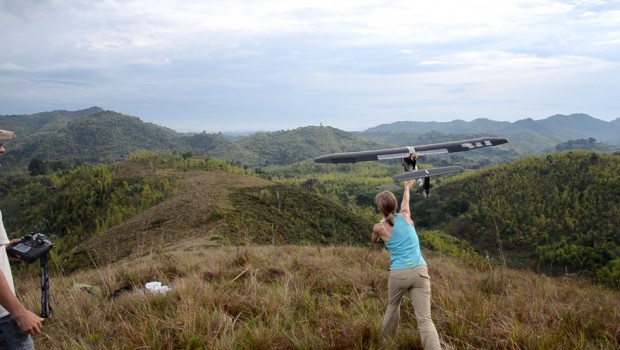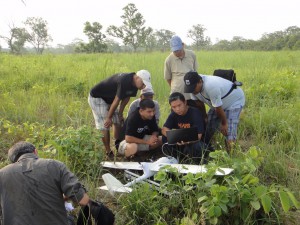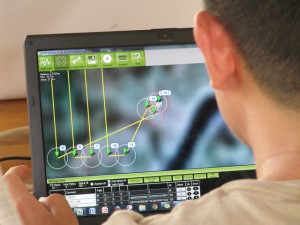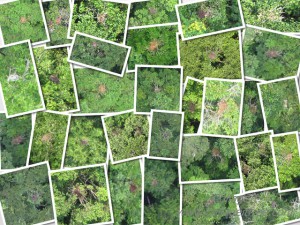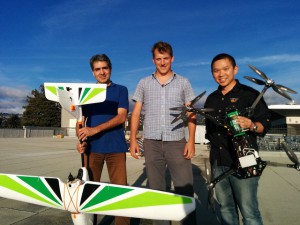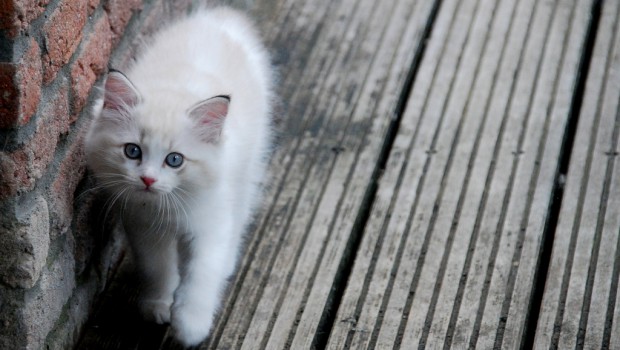“Do goats have emotions?” is something rarely searched for on Google, but if you think about it, it’s a very good question.
The answer is yes, goats do have emotions.
Believe it or not, they also have social networks, puzzle solving skills, and impressive long term memories?
We’re not even kidding! Alan McElligott is based at the School of Biological and Chemical Sciences at the Queen Mary University of London, where he and his team research cattle, fallow deer, and goats.
In this episode, we talk about their recent work, and how it contributes to improved understanding of animal behaviour and behavioural ecology, raising important considerations for animal husbandry and welfare of goats in companion animal, livestock and pest contexts.
It’s time to learn about the emotions of goats!
Podcast
Publications
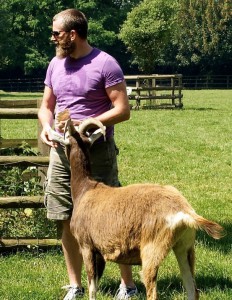
Briefer, E. F., Tettamanti, F., & McElligott, A. G. (2015). Emotions in goats: mapping physiological, behavioural and vocal profiles. Animal Behaviour, 99, 131-143.
Briefer, E. F., Haque, S., Baciadonna, L., & McElligott, A. G. (2014). Goats excel at learning and remembering a highly novel cognitive task. Frontiers in zoology, 11(1), 20.
Briefer, E. F., & McElligott, A. G. (2013). Rescued goats at a sanctuary display positive mood after former neglect. Applied Animal Behaviour Science, 146(1), 45-55.
Briefer, E. F., de la Torre, M. P., & McElligott, A. G. (2012). Mother goats do not forget their kids’ calls. Proceedings of the Royal Society B: Biological Sciences, DOI: 10.1098/rspb.2012.0986.
Alan McElligott: Google Scholar profile with further publications
Links
Alan McElligott: research website
Goats, the boffins of the farmyard (BioMed Central)
Happy goats: How animal rehab works (BBC News)
Header image: Flickr/tcmorgan

